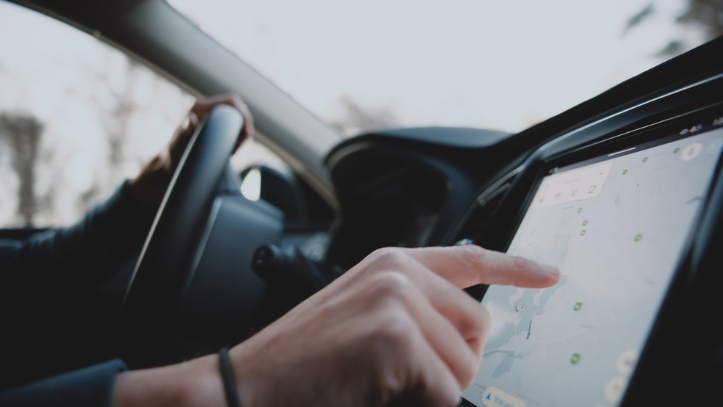 As auto insurance hits record highs, drivers are scrutinizing their coverage options. One option gaining popularity is usage-based auto insurance (UBI). UBI is sometimes called telematics, smart car, pay-as-you-go, pay-by-the-mile or pay-how-you-drive insurance.
As auto insurance hits record highs, drivers are scrutinizing their coverage options. One option gaining popularity is usage-based auto insurance (UBI). UBI is sometimes called telematics, smart car, pay-as-you-go, pay-by-the-mile or pay-how-you-drive insurance.
UBI advertises savings as high as 40%, but the highest discounts are reserved for a few types of drivers. Before switching your auto insurance, consider the pros and cons of UBI versus standard auto insurance.
Savings potential
There is potential for savings based on your driving habits. If you’re a safe driver, you could see discounts. But if you’re an unsafe driver, your rates could increase once the data is collected. Telematics tracks a combination of things like:
- Mileage
- Time of day
- Cornering
- Braking
- Speed
- Phone use
- Acceleration
For example, if you do a lot of driving during rush hour, your telematics data may show frequent or sudden braking. This could make you lose out on discounts. And if you like to speed or regularly drive at night, a telematics discount probably isn’t in your future. You might even get dinged just for how much you drive, no matter how safe you are. If you’re traveling more than 35 miles daily, you might be better off with a standard auto policy.
If you’re considering UBI insurance, review the telematics data collection policy with your agent. Be clear on when the data collection starts and stops. Some companies insist on monitoring you every time you drive. Other companies expect a one-year driving data sample and rate your premiums based on that.
Data privacy
You’re giving up data privacy when you use telematics. You’ll give up personal information like where you go, the road conditions, your mileage, your speed, your braking habits and your phone usage. Some insurance companies record more information than others. Some states have regulations on data privacy, limiting what telematics can track. Review the terms before you sign.
Standard auto insurance is your best bet if you dislike sharing details with your insurance company.
Safe driving rewards
Opting for telematics can encourage safer driving behaviors. And some people like telematics for the monitoring they can do on other drivers, like teen drivers. Some telematics devices have built-in crash assistance, driving tips and reminder notifications.
Remember that some vehicles come with driver monitoring systems built in. You can use these without connecting them to your insurance. If you’re interested in telematics for safety but don’t want to use UBI, you have options outside of insurance.
Bundling and discount options
Some insurance companies offer discounts for bundling home and auto (or renters and auto) insurance policies. You might have to unbundle your policies to get a UBI auto policy.
Make sure you understand what you’re giving up with your standard auto policy. Ask your agent to check for discounts on your standard auto policy, like:
- New car
- Multicar
- Good student
- Safety features
- Military
You might qualify for more savings if you bundle your auto with your home or renters policy on top of the above discounts.
Why the rise in auto rates?
Increasing auto rates don’t necessarily relate to your driving or claims record. Inflation, supply chains, manufacturing costs, labor, disasters and extreme weather can also affect insurance rates. Currently, these factors are contributing to a “hard market.” A hard market is when insurance costs increase, and insurance companies get more selective about who they accept as customers.
Call your agent for a coverage review
Not every insurance policy is the same, including your auto policy. Do a full coverage review with your agent. Have them explain your overall insurance needs and discuss whether UBI fits into that. Ask them about the cancellation policy if you don’t like the telematics program a few months in.
Your agent can tell you about the different telematics programs insurance companies offer. They’ll advise you on your options to help you make an informed choice.


